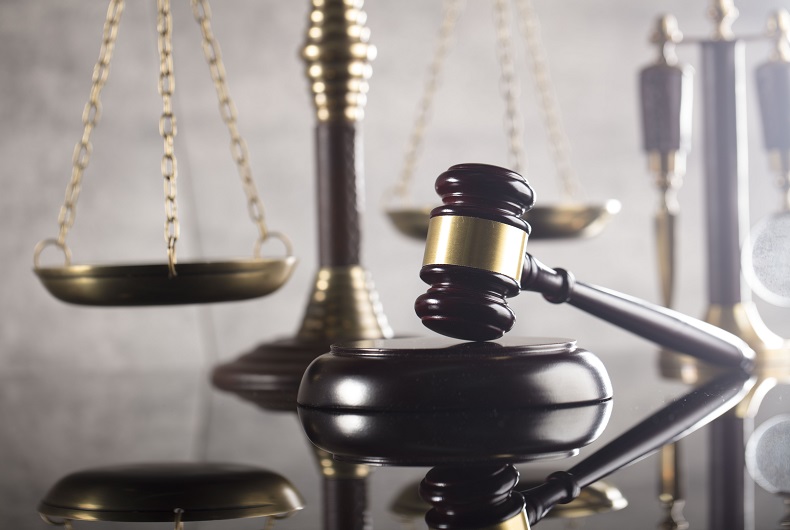Published
2 years agoon

What is Rule 7?
Rule 7(1) provides that ‘the authority of anyone acting on behalf of a party may, within 10 days after it has come to the notice of a party that such a person is so acting, or with the leave of the court on good cause shown at any time before judgement, be disputed, where after such person may no longer act unless he satisfied the court that he is authorised so to act, and to enable him to do so the court may postpone the hearing of the action or application’.
The Royal Bafokeng Nation v The Minister of Land Affairs and 15 Others [2013] NWHC 999, in this case, The SCA held in the 2005 that ‘the remedy for a respondent who wishes to challenge the authority of a person allegedly acting on behalf of the purported applicant is provided for in Rule 7(1).’
The court listed the following principles to be applicable ‘where the authority of a signatory of an artificial legal person and its attorney is in dispute’:37
Industrial Development Corporation Act 22 of 1940
6. (1) The operations of the corporation shall be managed and controlled by a board of directors, which may exercise all such powers of the corporation as are not by this Act or the regulations required to be exercised by the shareholders of the corporation at a meeting of shareholders.
There is no dispute that IDC is a creature of statue and as such that it is obliged to prove that it is authorized to initiate litigation. Mr Tshepo Ramodibe was asked by Mr Mpasiri whether in relation to the matter under case number 13276/14, he was aware of a challenge to the IDC on whether it was authorized to initiate and prosecute a claim that Judge Makume adjudicated upon.
Mr Ramodibe in his response to Mr Mpasiri stated as follows: “We confirm that the IDC is aware of the Rule 7 notices filed by Mr Mawere and the Africa Heritage Society (“AHS”) in the aforementioned matter.”
Mr Lovemore Chenengeta said, “I find no basis for the allegation made boldly that Mr Mawere had adopted stalling art tactics to litigation warranting Judge Makume to admonish him when the plaintiff or claimant, IDC, has confirmed even after the granting of a judgement in its favor that there were two challenges by Mawere and Africa Heritage Society, that were mounted in terms of Rule 7(1) of the uniform rules of court. The Supreme Court ruled that, unless the court is satisfied that a legal persona is authorized to prosecute a dispute in a court of law, the court cannot entertain the litigation to finality of a matter unless the dispute is determined impartially and independently. What is striking in this matter is that, the response by Mr Ramodibe does not speak of a court determination of the two disputes in relation to the authority challenge, but speaks of submissions to court. What is even more bizarre is that Judge Makume, completely ignores this authority challenge in his judgement and the inescapable conclusion is that, judge Makume knowingly and intentionally with a view to making a predetermined finding, acted ultra vires s33(1) of the constitution of South Africa that provides that, everyone has the right to administrative action that is lawful, reasonable and procedurally fair.”
Mr Frederick Kyle, a lawyer based in Finland said, “I have noted in the judgement that judge Makume imposes costs on Mawere, but forgot to dismiss the rule 7 challenge. How can a judge completely ignore to determine a dispute that was before him and proceed to impose costs without relying on the facts before him and the law. After reading the exchange between IniAfrica.com and Tshepo I find it astonishing that IDC could appropriate a finding that was granted to the IDC without the IDC complying with limitations imposed by Rule 7 that was invoked before judgement and enjoy the active endorsement of a judge who is supposed to be independent and impartial. It is now law of South Africa based on the Supreme Court decision above, that once Rule 7 notice has been triggered, the court’s jurisdiction to proceed with a matter is also limited and the onus is on the challenged litigant to satisfy the court which appears to be not the case in this matter, begging the question of whether IDC is subject to the rule of law or it writes the law?”




Warning: Undefined variable $user_ID in /home/iniafrica/public_html/wp-content/themes/zox-news/comments.php on line 49
You must be logged in to post a comment Login